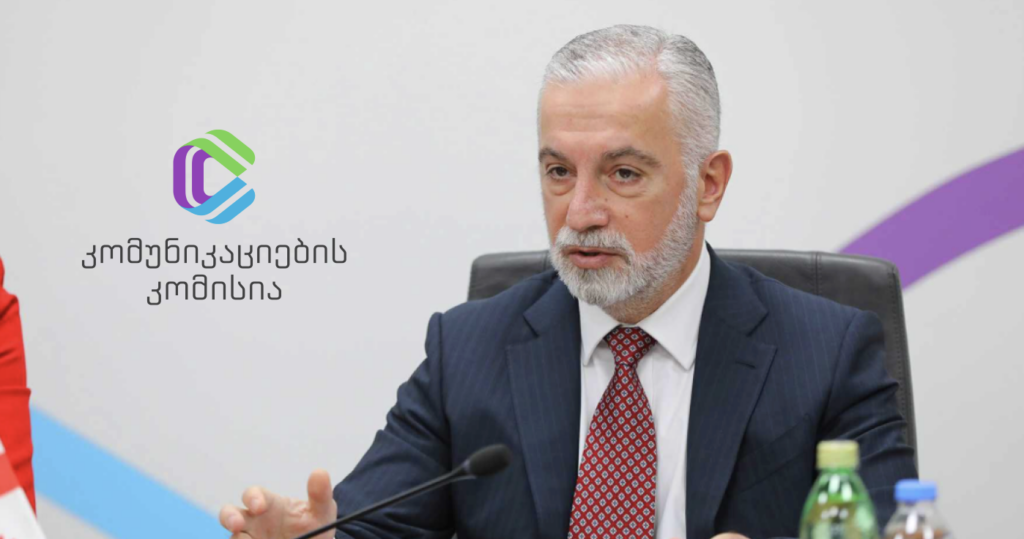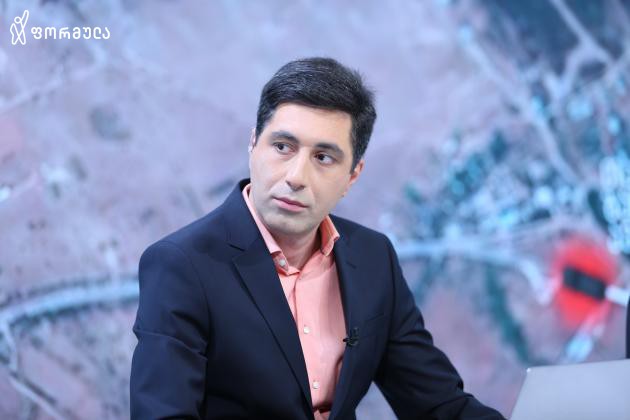The draft law introduced on 13 October by members of the parliamentary majority, which provides for a ban on the distribution of propaganda and advertising material creating a negative attitude towards a political entity during the election campaign, contradicts the high standard of freedom of expression established by Georgian legislation, is unpredictable and does not serve to improve the electoral environment.
The draft law submitted by members of the ruling party proposes a number of amendments to the Electoral Code of Georgia and the Law of Georgia on Broadcasting. Among other things, it prohibits the distribution of TV political advertisements and campaign materials in public spaces that are intended to create a negative attitude towards anelection subject. The bill also stipulates that the distribution of pre-election advertising is allowed only by order of the electoral subject and that the advertisement may not contain the image, name, election number and symbols of another political party.
Per draft bill, the broadcaster and the entity/person that will order the pre-election advertising will be held responsible in case of violating these requirements. Dissemination of campaigning material in violation of this requirement will result in a fine of GEL 2,000 for the disseminator and the person/entity who ordered the dissemination. The CEC and the Communications Commission are responsible for imposing fines within their competence.
The proposed law contradicts existing norms for the protection of freedom of expression and the media. It is important that parties and their members have the right to take part in political and public debate, even if their position is not in line with government policy or is deemed unpopular or offensive to some group.
According to the Venice Commission, in the context of a political campaign, the State cannot adopt a law that restricts the freedom of expression of a political subject to protect the rights or reputation of others. Further, concepts such as “undermining the honour and dignity of the candidate” were considered by the Venice Commission to be broad and general, with a risk of excessive and disproportionate restriction of freedom of expression.
Such a broad definition can lead to the disruption of active political campaigning, which is particularly important for the proper conduct of electoral process in accordance with international standards. In addition, electoral law that bans the mentioning of candidates in an offensive context in campaign materials contradicts European standards.
Regarding the restrictions on media freedom resulting from the amendments, the UN Special Rapporteur states that the media should not be held legally responsible for unlawful statements made as part of election campaigns. This approach emphasizes the public’s right to know what politicians stand for. The Venice Commission takes a similar view. According to it, the sanction should be aimed directly at the offender and exclude the media responsibility. Punishing media for such expression risks turning the broadcaster into a self-censor, which is completely unacceptable under international law.
Based on all the above, the proposed amendments, regardless of their stated objectives, restrict the freedom of political expression protected by the Constitution of Georgia and also disproportionately interfere with the activities of the media by making broadcasters responsible for the content of political advertising.
Introducing a new term of “negative attitude” in the legislation is particularly alarming, which is neither clear not predictable, contains general, ambiguous and vague wording, and is creating the risk of unconstitutional interference in the sphere protected by the freedom of definition and expression, depending on the political context of the term.
It should also be noted that the current version of the Electoral Code defines campaigning as an appeal to voters to support or oppose a candidate of an electoral subject/candidate of electoral subject, as well as any public action promoting or hindering their election. Thus, campaigning against the election subject is also protected by the Electoral Code. We reckon that the existing approach in the current legislation, which protects negative electoral campaigning, unlike the proposed new wording, is in line with human rights standards.
In addition, a strict sanction proposed for the violation of the norms set out in the amendments, may pose an additional threat to critical political activity, as there is a risk that some broadcasters will refuse to air political party advertisements to avoid fines.
Thus, freedom of expression, especially on political issues, is generally strongly protected. It is important that political forces have the possibility to express their views on current topics, among others, by criticizing their opponents, which, according to the Election Code, may be promoting or aimed to thwarting election subjects.
We call on the Parliament of Georgia to not support the presented draft law and immediately withdraw the controversial bill.
The presented changes do not serve to improve the electoral environment in the country and reduce polarisation, and they limit the freedom of political expression and media and pose a threat to the country’s democratic development.



